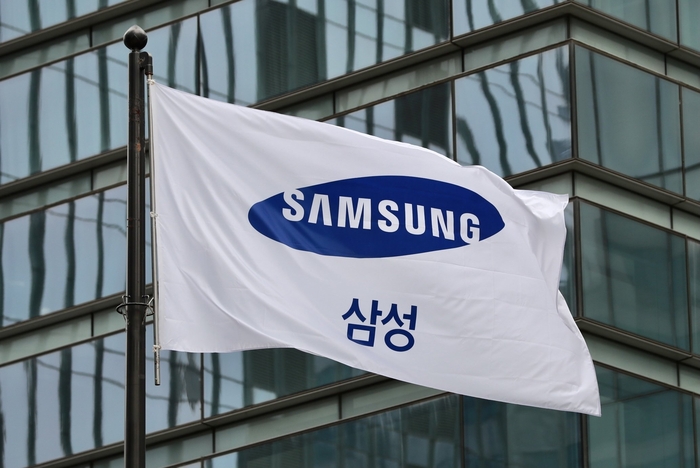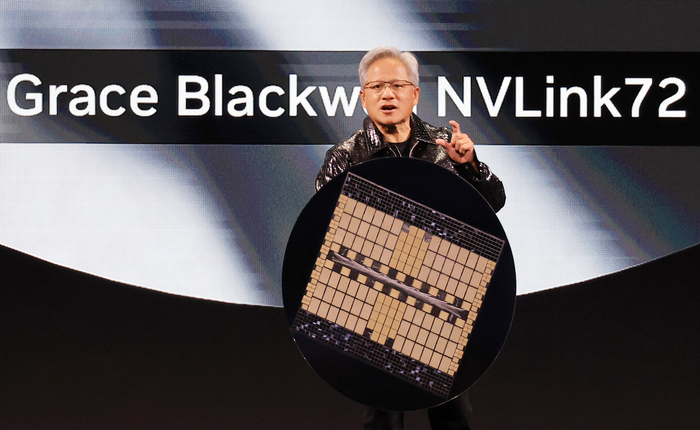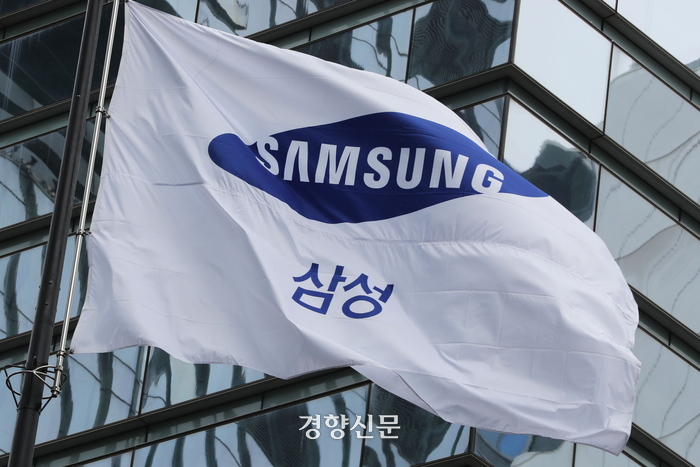Samsung's 10 Trillion Won Buyback Plan Boosts Investor Confidence
Samsung's 10 trillion won buyback plan aims to stabilize stock prices and restore investor confidence amid market challenges and intense competition.

Key Points
- Samsung Electronics
announced a 10 trillion won share buyback plan to stabilize stock prices and rebuild investor trust amidst recent declines.
- The buyback is aimed at countering concerns over the company's competitive edge in memory chips and smartphones while also reflecting broader efforts to boost the South Korean stock market.
- Sustained recovery will depend on Samsung's ability to innovate and enhance its technological leadership alongside the implementation of the buyback strategy.
In a strategic move aimed at stabilizing its stock price, Samsung Electronics recently announced a significant share buyback plan worth 10 trillion won (approximately $7.2 billion). This declaration followed a notable decline in the company's stock, which had faced heavy selling pressure and fell to four-year lows. The announcement has sent ripples of optimism through the market, provoking a surge in Samsung’s share price, reflecting investor confidence in the company’s proactive approach.

Understanding the Buyback Strategy
The buyback plan entails repurchasing shares over a one-year period, with an initial focus on acquiring about 3 trillion won worth of shares for cancellation within three months. This move is significant as it marks Samsung's first share buyback since 2017, giving investors hope for a recovery amidst challenges, particularly in its memory chip and smartphone sectors.
Statistics show that Samsung’s shares rose by over 5% on the day following the announcement, with some analysts projecting further increases as the buybacks progress. Such actions are often perceived as a signal to the market that the company is confident in its long-term viability. As noted by analysts at
, “The sudden buyback comes as a positive surprise, indicating that Samsung's management is proactively aiming to prevent further share price decline”.
Market Reactions and Investor Sentiment
Despite the rebound, it's critical to acknowledge that Samsung's stock remains down about 30% this year due to various market pressures, including competition from rival
and concerns regarding technology leadership. Experts note that a sustained recovery hinges on Samsung’s ability to innovate and regain its competitive advantage in key sectors such as semiconductors and consumer electronics.
While the buyback may lead to a temporary stabilization in the stock price, the underlying realities of the tech market remain complex. Industry analysts assert that the company must continue to evolve its strategies. Albert Yong, managing partner at Petra Capital Management, emphasizes that “most of Samsung’s businesses, including memory chips, foundry, smartphone, and display, appear to be in decline”, underscoring the urgency for strategic investment in technological innovation.
The Broader Implications for Samsung and South Korea
This buyback announcement also serves a broader economic purpose, potentially reflecting South Korea's ongoing efforts to bolster its stock market. As the government and market regulators push for low valuations to recover, initiatives like Samsung’s buyback plan are crucial components of this strategy. Past buybacks have shown varying effects on stock prices, with an example from 2015 leading to a 12.1% drop in shares three months later despite initial gains.
The difference this time lies in the lessons learned from previous initiatives. As Samsung navigates its current challenges, it must harmonize immediate actions like share buybacks with long-term plans for innovation and market leadership. Analysts remain hopeful but cautious, suggesting that “for long-term price recovery, regaining competitive advantage will be essential”.
Looking Forward
Ultimately, Samsung’s recent actions highlight a critical turning point for one of the largest electronics companies globally. The decision to implement a substantial share buyback illustrates a commitment to shareholders and signals confidence in overcoming current market challenges. As foreign investors reassess their positions and the firm seeks to enhance its technological prowess, all eyes will remain fixed on Samsung's performance in the months to come.
In summary, the announcement of Samsung Electronics' buyback plan marks a proactive approach to stabilize its stock price and signal confidence to investors. However, for a sustainable recovery, Samsung must not only execute this buyback, but also invest in innovation and adapt to evolving market conditions. The convergence of short-term actions and long-term strategies will ultimately dictate the company’s fortunes and its standing in the global tech landscape.


